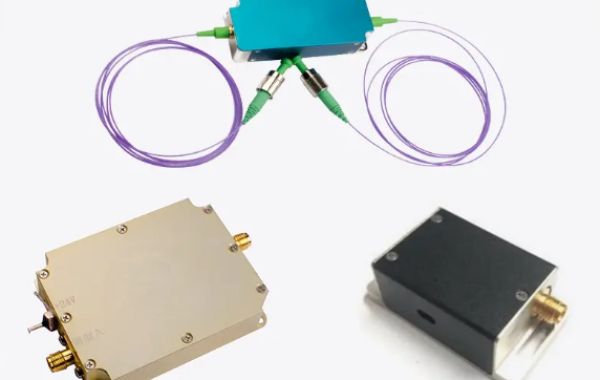Narrow linewidth lasers, due to their exceptional coherence and stability, find applications across a vast spectrum of scientific, industrial, and technological domains.
Scientific Research
- Spectroscopy:The high resolution offered by narrow linewidth lasers enables precise analysis of molecular and atomic structures, leading to advancements in chemistry, physics, and materials science.
- Metrology:In fields requiring extreme precision, such as length measurement and timekeeping, narrow linewidth lasers are indispensable for defining standards and calibrating instruments.
- Quantum Optics:These lasers are fundamental in exploring quantum phenomena, forming the basis for quantum computing, cryptography, and communication.
- Gravity Wave Detection:Ultra-stable narrow linewidth lasers are crucial components in interferometers used to detect gravitational waves, expanding our understanding of the universe.
Telecommunications
- Fiber Optic Communications:Narrow linewidth lasers enable high-speed, long-distance data transmission through optical fibers, supporting the backbone of global communication networks.
- Coherent Optical Communication:By exploiting the phase information of the laser light, coherent systems achieve higher spectral efficiency and improved signal-to-noise ratio.
Industrial Applications
- Interferometry:Precision measurements in manufacturing, metrology, and quality control rely on the interference patterns generated by narrow linewidth lasers.
- Lidar:Used in various applications from autonomous vehicles to environmental monitoring, lidar systems benefit from the accuracy and range provided by narrow linewidth lasers.
- Material Processing:In cutting, welding, and drilling, these lasers offer enhanced precision and control due to their focused beam and high energy density.
Biomedical Applications
- Optical Coherence Tomography (OCT):High-resolution imaging of biological tissues is made possible by the coherence properties of narrow linewidth lasers, enabling early disease detection and diagnosis.
- Microscopy:In advanced microscopy techniques, these lasers provide superior image quality and contrast, allowing for detailed studies of cellular structures.








